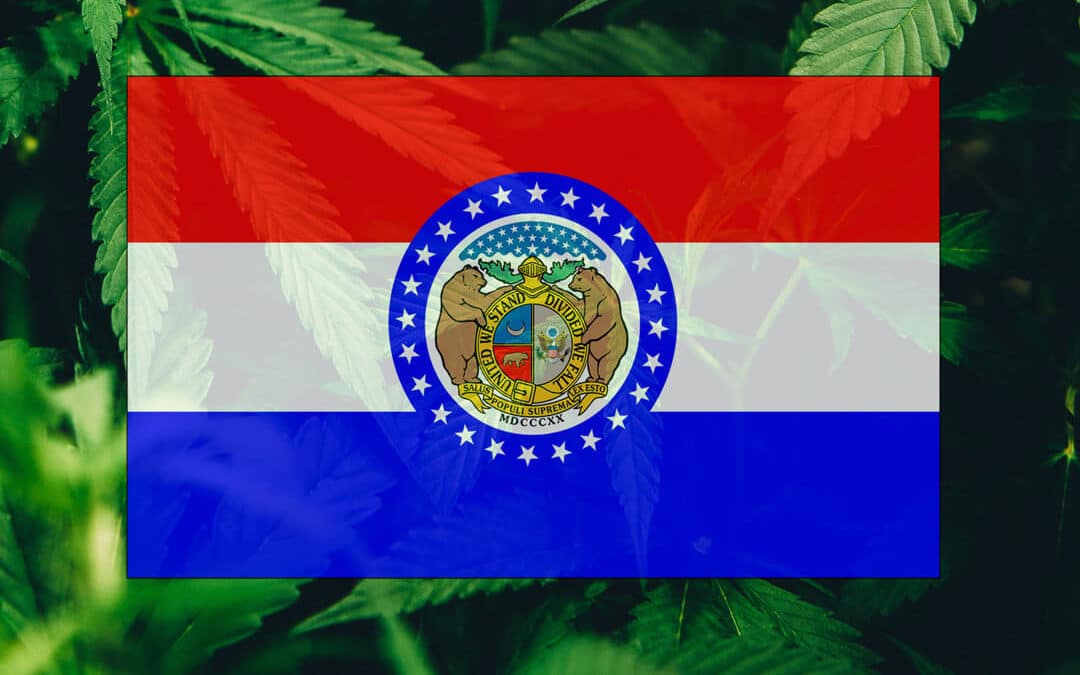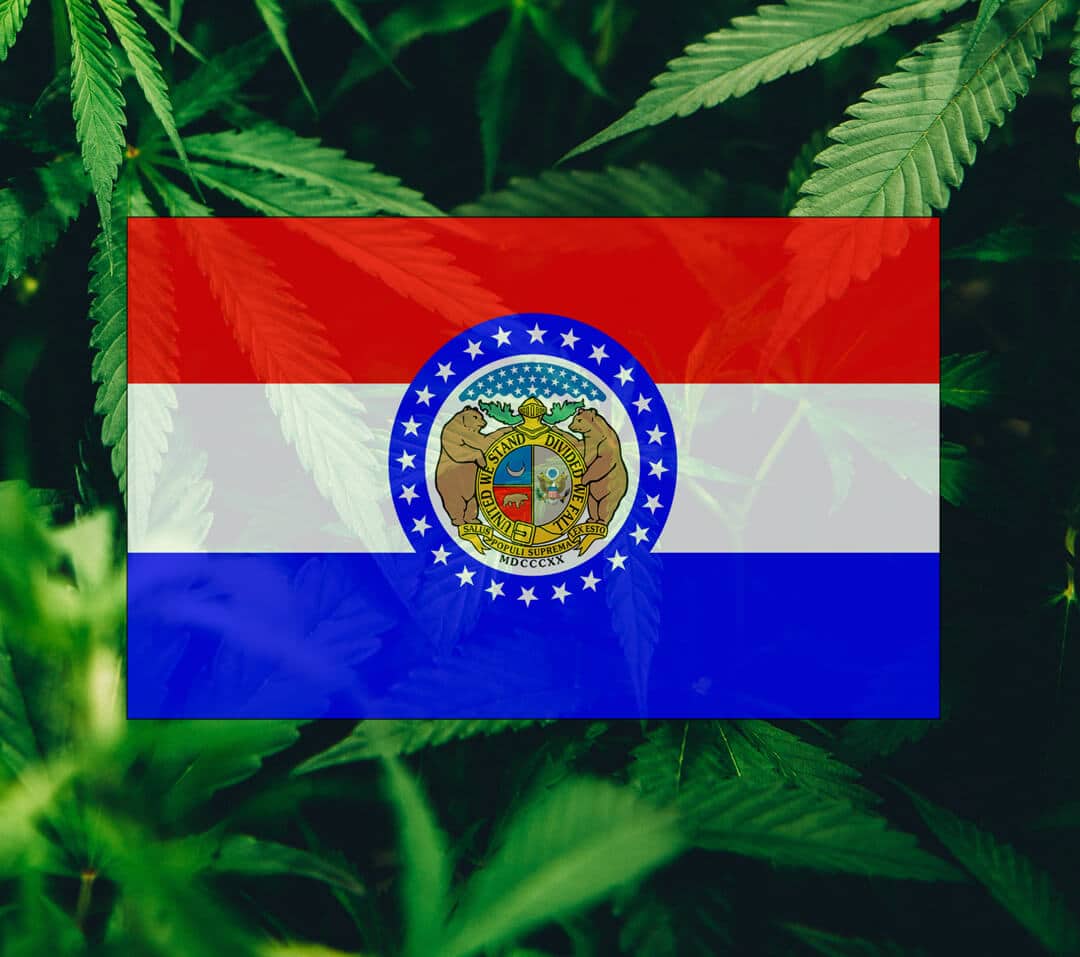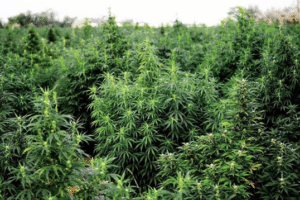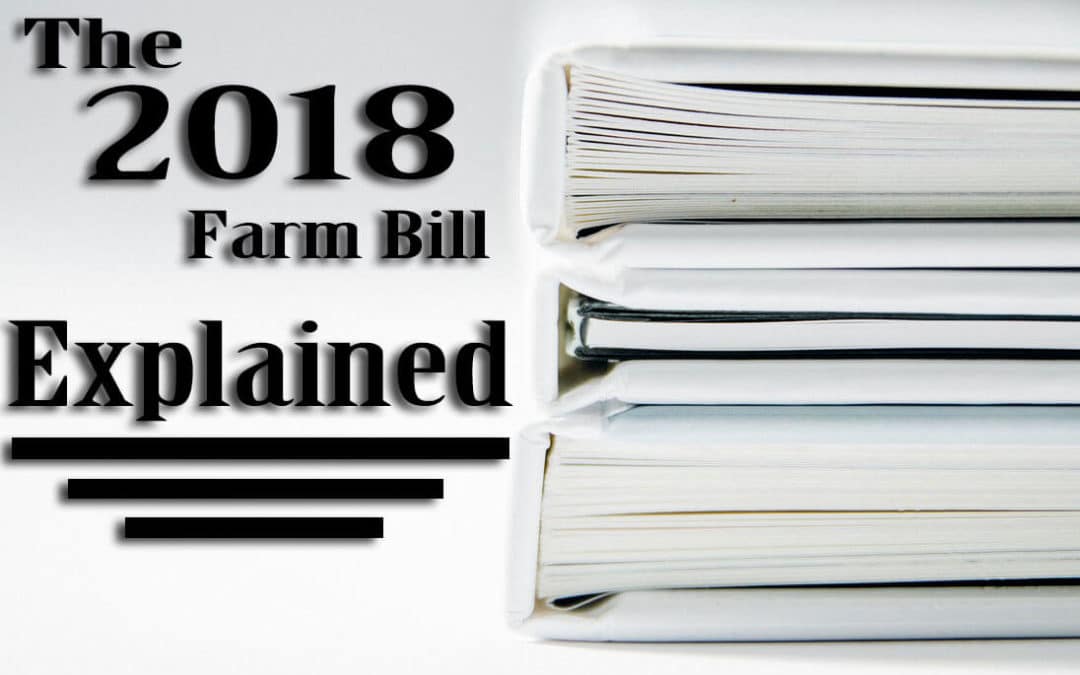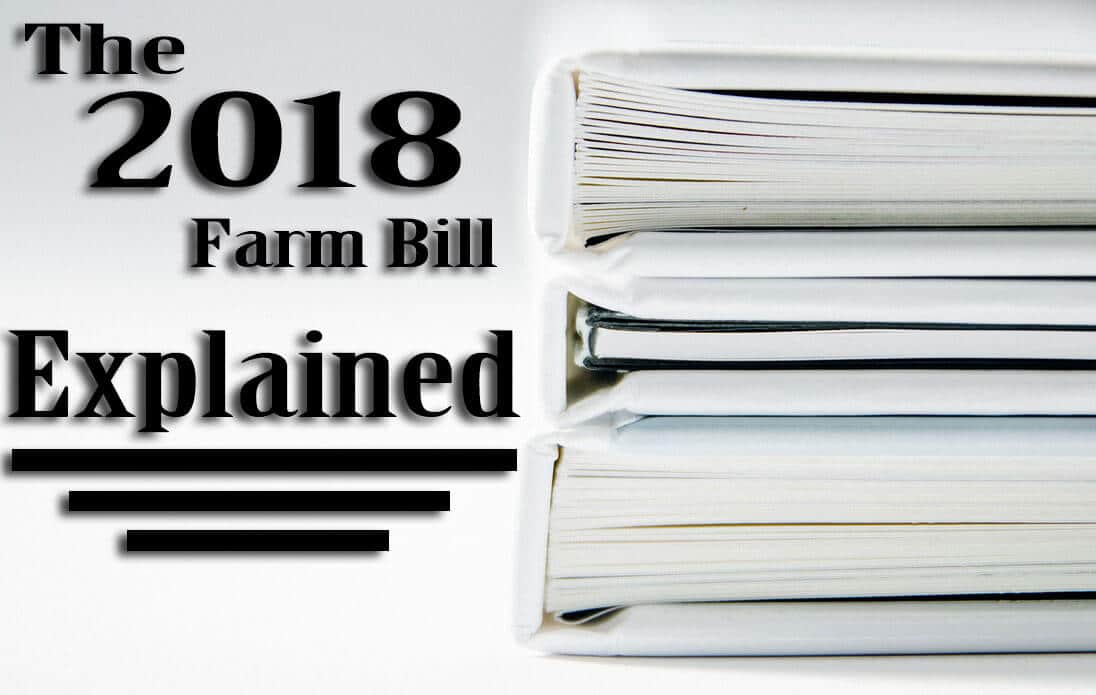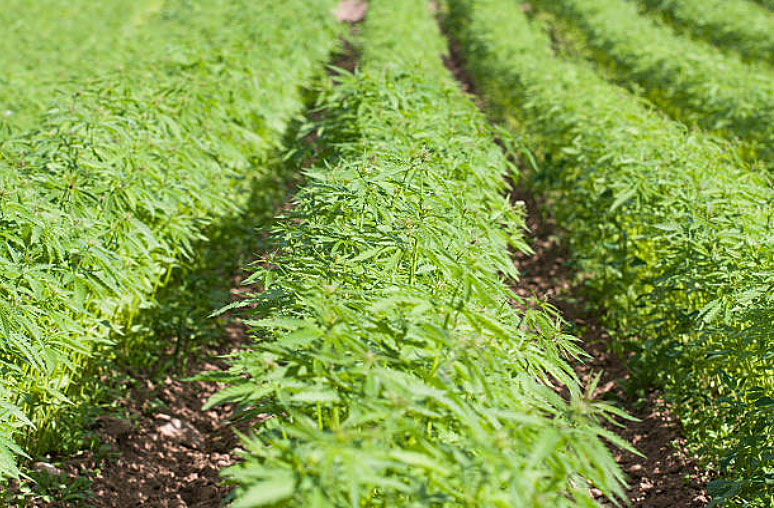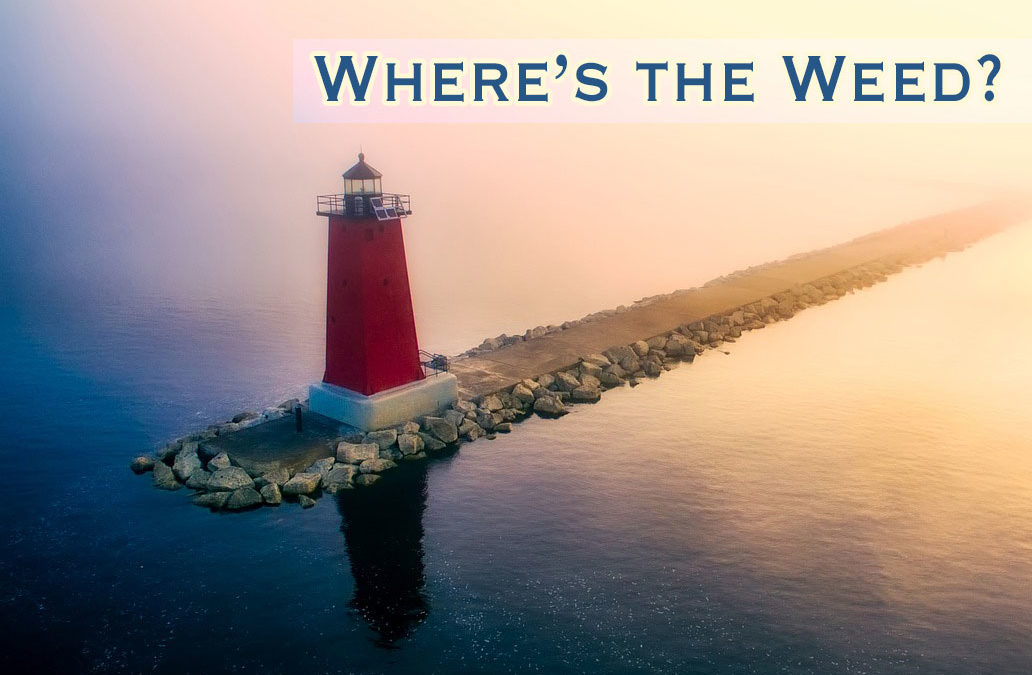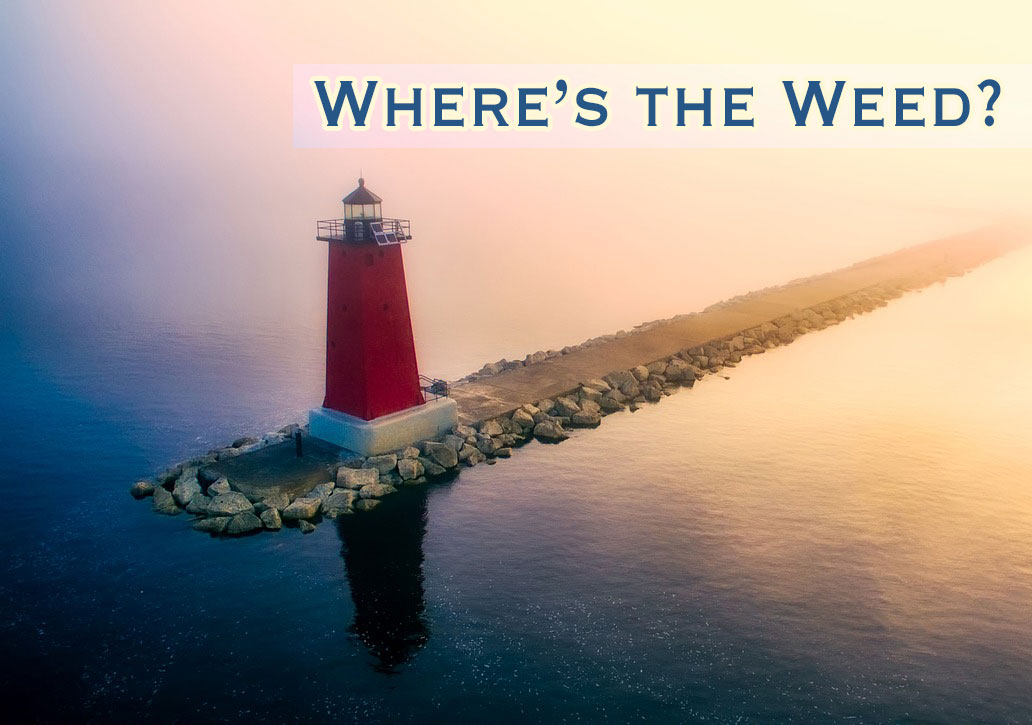
Financing Your Cannabis Business

Whether it is seed money or a full blown financial injection, getting financing for a cannabis business has never been more possible.
With the legality surrounding cannabis slowly changing throughout the country, investors with big money are starting to feel more comfortable investing in the growing industry. But compared to other industries, these investors are much more hesitant to invest in just any cannabis business.
Starting a cannabis business in a new legal industry is exciting, and a lot of people are trying to get involved. But seeking the right amount of money, from the right people, isn’t easy for most.
Financing a Cannabis Business
When it comes to finding financing for a cannabis business, you need to know where to look. While there are a few investment groups that focus solely on cannabis businesses like The Arcview Group and others, most are traditional investment firms coming from other industries, looking to invest in a cannabis business.
Obviously the former group of investors is your best bet. This is because the outside firms will most likely be more financially focused (as in, more focused on your finances than the actual business), as opposed to a cannabis investment group that already knows about the industry, and most likely the product you are selling. Outside groups might need more explanation, or get lost in the jargon of the industry.
This is why it is so important to know your audience.
Get Your Pitch Together
Other than your financial records and other essentials, your pitch is probably the most important aspect of getting financing for your cannabis business. If you come out flat in your first meeting with investors, your chances aren’t great, unless your numbers speak for themselves.
Take the time to really study your audience; who the investors are, what they are experienced in, and how you can relate that to your business model or idea. Make your idea relatable and easily palatable, while still being exciting and fresh. Remember that these firms most likely hear hundreds of ideas a day, so you need to make yours stand out as much as possible.
Doesn’t sound super easy? It isn’t.
Get Ready For Competition
While there have never been more investors in the cannabis space than now, that doesn’t really say much. The industry is still relatively small, and only viable in a few states. Unless you are planning on starting a business in Canada where it is completely legal, you’ll be facing some heavy competition.
You’re not the only one who sees the potential of this industry and how fast it is growing. A lot of people are noticing, and hopping onto the cannabis industry boat that can only hold so many.
A lot of people are going to sink from the weight, while only a few will be picked up by the rescue helicopter that is financial investors. Whether you sink with the majority, or get picked up and make it in the industry all depends on your idea, your business model, your experience, and how you present it.
Inside Tips from The Arcview Group
The Arcview Group is one of a select few strictly cannabis-focused investment firms. Arcview has a large membership base of high net worth investors, looking for new cannabis businesses to invest in.
Louis Han is the Director of Deal Flow for Arcview. His job is to analyze every potential cannabis business that reaches out to Arcview, and to decide which businesses get a meeting with potential investors. And he was just on The Real Dirt Podcast.
In his interview with Chip Baker, Louis goes into the daily workings of a cannabis investment firm, how he decides which businesses get to sit down with Arcview investors, and his predictions for the future of cannabis investing. Listen to Louis right now on The Real Dirt Podcast!



